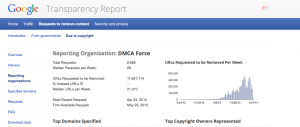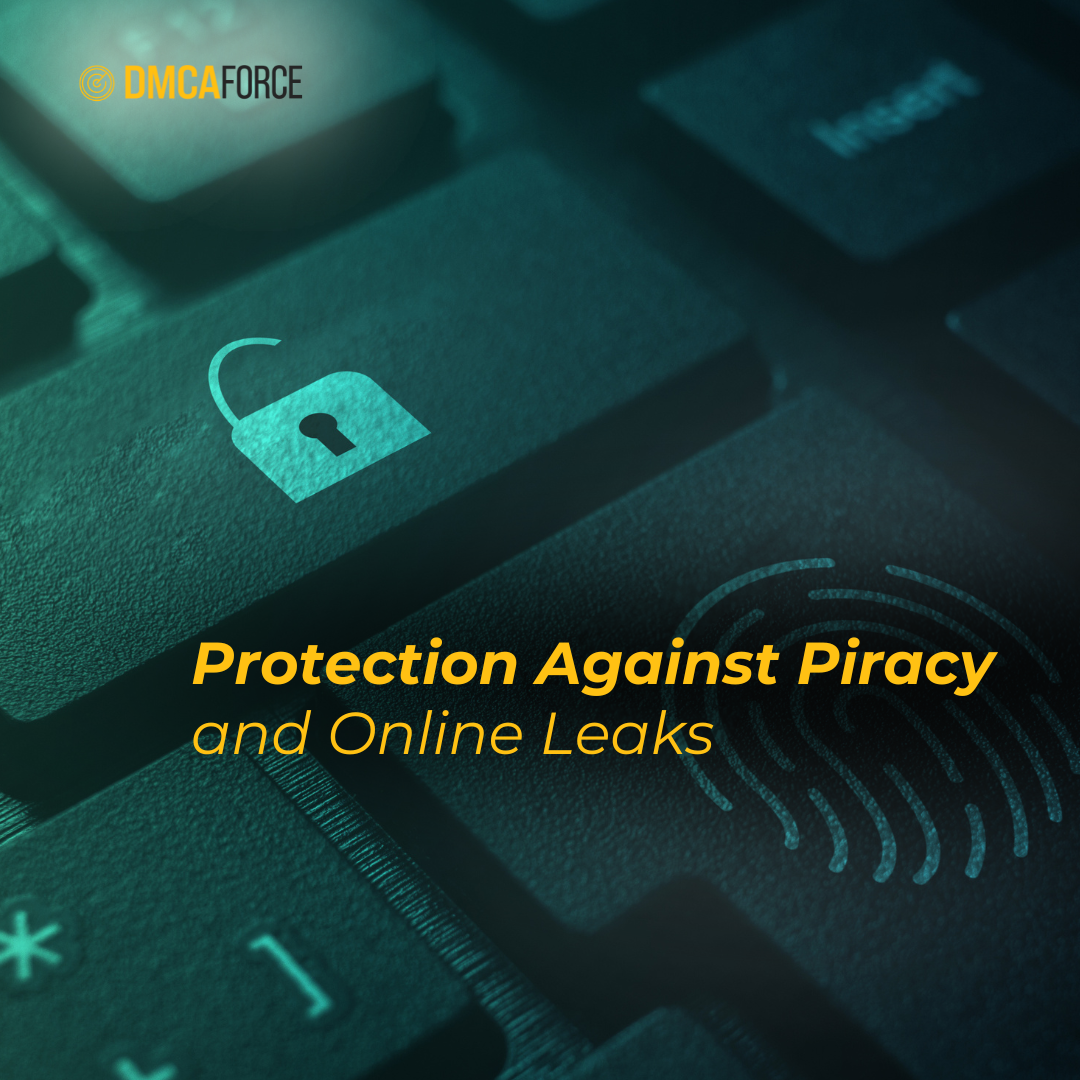News

How Transparent is Google About Copyright Infringement?

Google is more than just the largest search engine in the world: It surely ranks as the largest and most powerful information gatekeeper in the world, giving access to untold fathoms of online materials. This is a prestigious position to occupy, and one that comes with great responsibility: It largely falls to Google to set the tone for suppressing Internet piracy and combating copyright violation.
Google does an excellent job at this—to a point. There is no question that the company undergoes great efforts to keep its pages and platforms as pirate-free—and as respectful of copyright holders—as possible. With that said, Google may not always be quite as honest or transparent on this issue as it might first seem.
Reporting Violations
Certainly, Google makes a strong effort to stand up against copyright violation. In fact, if you ever find that your copyrighted material has been used without your permission and you wish to see the materials removed from the search engine, all you have to do is submit a request to Google. (You may sometimes see a notice at the bottom of a search results page, wherein Google explains that certain results were removed from the page due to complaints from copyright holders—proof of the search engine’s seriousness.)
To offer full disclosure regarding its anti-piracy efforts, Google makes a Transparency Report readily available to any and all interested parties; you can view it here. “Google regularly receives requests from copyright owners and reporting organizations that represent them to remove search results that link to material that allegedly infringes copyrights,” the report explains. “Each request names specific URLs to be removed, and we list the domain portions of URLs requested to be removed under specified domains.
Limited Transparency
All of that is very positive, right? Well, sort of. The only problem with Google’s transparent efforts to fight piracy is that they actually aren’t all that transparent at all. To hear Google tell it—to look at its own Transparency Report—there’s no piracy that takes place on YouTube (which Google owns, remember). Likewise, there’s no copyright violation to be found on Blogspot or any other Google-owned property.
Is it really possible that Google’s properties are simply copyright violation-free? Of course not. Violations happen all the time, and—to its credit—Google moves swiftly to address incidents of piracy on YouTube, Blogspot, etc. The company simply doesn’t acknowledge them, and they are oddly and conspicuously absent from Google’s own “transparent” reporting.
Piracy on Google
According to Google’s reporting, then, piracy really doesn’t happen on the company’s own platforms—but we all know better. Google may not report violations, but that doesn’t mean they’re not there. In fact, the RIAA has said that Google profits more off of piracy than any other entity in the world—a strong claim, to be sure. (By contrast, Bing, while imperfect, has done a much better job of remaining an anti-piracy zone—but then again, Bing doesn’t have anything like YouTube to contend with.)
Our point is not to throw stones at Google—but just to point out some of the ironies intrinsic to the company’s “transparency” reporting. Google simultaneously fights piracy while also turning a blind eye to it—no easy feat, and proof of how complex online piracy really can be.
How to Protect Your OnlyFans Content from Online Leaks and Piracy
November 15, 2024

Protect Your Content on Telegram: Using DMCA Claims to Combat Piracy
November 13, 2024

Unlock Your Revenue Potential at the AW Summit 2024 in Bucharest!
September 10, 2024
Got questions about protecting your digital assets from copyright infringement?


